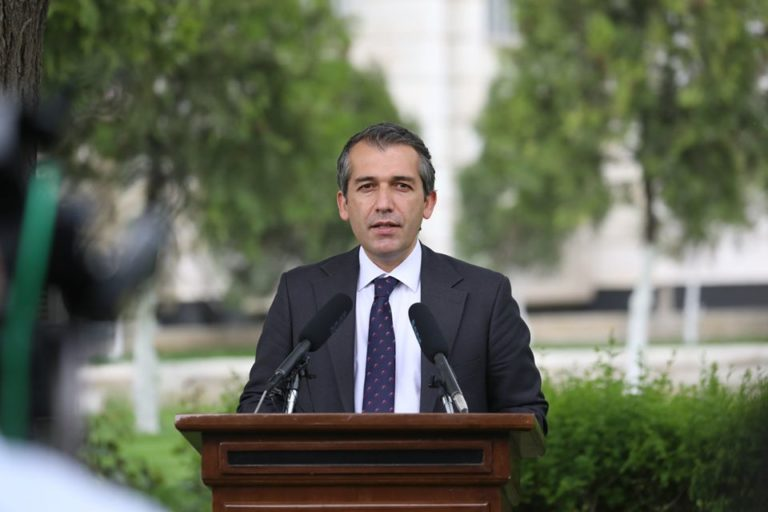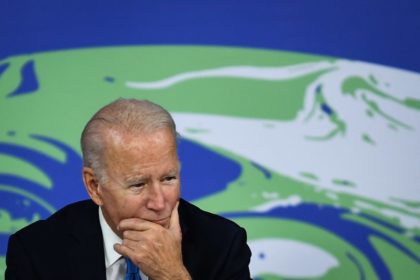RASC News Agency: Sediq Sediqi, the former spokesperson for ex-President Ashraf Ghani, has strongly denounced recent reports suggesting that the United Nations is considering appointing Suhail Shaheen, the Taliban’s proposed envoy, as Afghanistan’s representative to the UN. In a sharply worded statement published on Friday, the 12th of Sawr, via the social platform X, Sediqi described any engagement with the Taliban as not only unacceptable but also a profound betrayal of the fundamental rights of the Afghanistani people. “Any political dialogue or attempt at normalization with the Taliban amounts to an illegitimate concession to a group that neither represents the will of the Afghanistani nation nor adheres to basic international norms,” Sediqi stated. “Afghanistani citizens, who are enduring life under the Taliban’s reign of fear, repression, and systematic abuse, must not be further marginalized by legitimizing their oppressors.”
He further emphasized that the Taliban is not a legitimate government but a violent extremist network that has seized power through coercion, not consensus. “To even consider the Taliban as representatives of Afghanistan is to mock the very principles of state legitimacy and democratic representation,” he added. “Granting them a platform at the United Nations would not only distort international law but would also undermine the UN’s credibility as a defender of human rights and self-determination.” Sediqi issued a strong rebuke of the United Nations’ evolving stance, asserting that official seats in international forums must be reserved for legitimate, inclusive, and representative governments not for groups that enforce rule through brutality and ideological extremism. He warned that any such accommodation would risk tarnishing the moral authority of the UN and embolden other authoritarian actors worldwide.
These remarks come amid reports that senior UN diplomats in Kabul have engaged in consultations over a broader political framework concerning Afghanistan’s return to international diplomacy. Central to the discussion is the Taliban’s demand to assign Suhail Shaheen as the country’s permanent envoy to the UN. Sources indicate that the proposal is part of a political initiative involving three core demands from the Taliban, met with three corresponding conditions from the international community. Yet this initiative has sparked immediate backlash across Afghanistan’s civil society landscape. Women’s rights activists, political dissidents, and civic organizations have fiercely condemned the plan, viewing it as a capitulation to a regime that continues to oppress women, suppress dissent, and dismantle civil liberties. For many, the proposal signals a disturbing shift one that prioritizes diplomatic convenience over justice, human dignity, and the sacrifices made by millions of Afghanistani citizens.
As global powers seek ways to manage the crisis in Afghanistan, critics argue that no durable solution can be achieved by rewarding tyranny with recognition. The Taliban’s unrelenting authoritarianism, exclusionary rule, and rejection of pluralistic governance make clear that they are unfit to represent a nation whose people continue to demand freedom, equality, and accountability.






